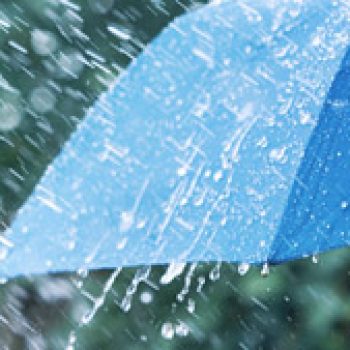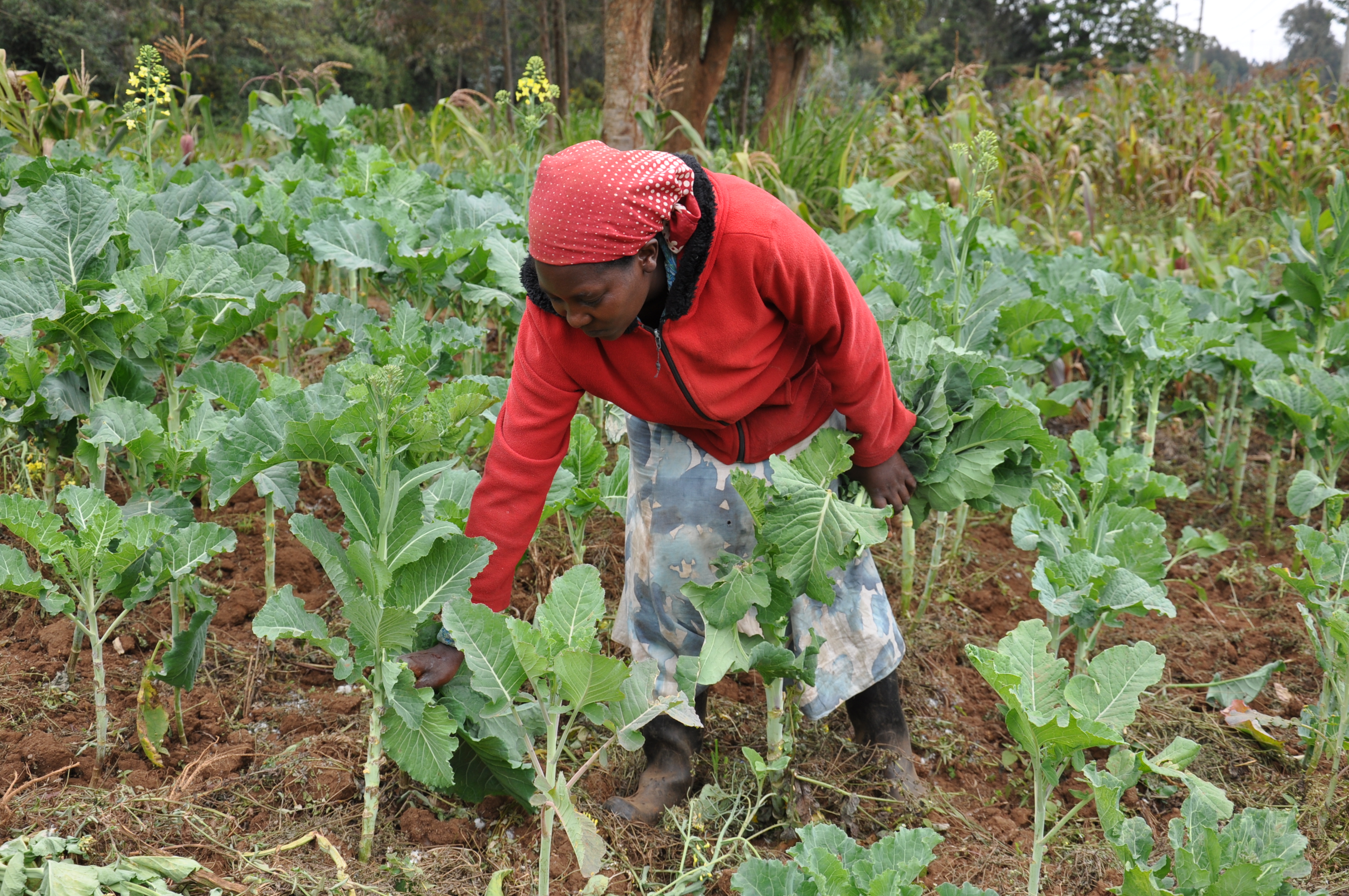By Eric Wamanji
Ahoy! The rains are coming. Not just any rain, but El Niño. The weatherman has announced. Whatever we do with that information is up to us. History teaches us that in Kenya, heavy rains have always wreaked havoc. Explains why panic has gripped the country.
Indeed, downpours can be a curse or a blessing. It depends on how we react.
Early strategic planning, disaster preparedness and disaster communication will allow the country to leverage the abundant rainwater to boost food production, increase tree cover, ramp up power generation, and add a lifeline to our ever-delicate wildlife ecosystem which is also critical for our tourism.
Indeed, we don’t need a reminder that Kenya is a water-scarce country. The drought has terrorized and dehumanized us for far too long. Yet, always, we’ve acted as if ours is Mawsynram, India- a world of perpetual rainfall. There’s little prudence in water planning and management.
But we can change. Weather information is not for awe and banter. It’s serious business. It’s meant for strategic planning and preparedness – foster critical adaptation and resilience as we mitigate calamities. This truism will be put to test in the coming months.
Work cut out
For starters, the met says that Kenya is likely to experience the El Niño phenomena from this month to January 2024. Though the rains will pound most parts of the country, still, going by past experience, North Eastern and Coastal Regions are likely to be hit hard.
Therefore, work is cut out for principals charged with disaster preparedness and management, food security, or public health. They need to act with speed, decisively with military precision. Their very actions should be noble and morally anchored unfettered by the usual greed, complacency, incompetence or corruption. I doubt if we have any time to dilly dally or fumble around. It’s crunch time whether we like it or not.
That’s why it’s not enough to get excited that food production will increase. Food production does not happen in vacuity. It’s a social construct. It requires a convergence of diverse nodes including priming the farmers, availing financial facilities, provision of quality and suitable seeds and fertilizers. It’s also about farmer education and continuous delivery of practical and professional field extension services. Enough affordable food will enhance nutritional security and ease inflationary pressures.
The irony of heavy rains is that mostly they leave everyone high and dry. It would be a shame and a pity when the last raindrop has gone then we start to lament about water scarcity. Thus, water harvesting should be central to our preparedness. This means rehabilitation of old water pans and construction of new ones. Water pans come in handy in times of scarcity both for wildlife and cattle. Households too should be encouraged and supported to harvest as much water as possible.
Tree planting
And the El Niño predictions coming on the eve of the Africa Climate Summit, it would be smart to engage in mass tree planting. Do we have enough seeds and seedlings? Do we have enough marshals to plant the trees? How about recruiting a million-man army of youth to roll out that programme?
Indeed, precision weather forecast is an existential matter. Elsewhere, weather information channels work round the clock alerting citizens of impending danger. That way people plan effectively. They can easily manage the spectre of flooding, landslides, or disease outbreak.
It’s time to inculcate such a culture in our society. People need laser weather information and interpretation by the hour to navigate the caprices of climate. For instance, the weatherman should work closely with the folks in agriculture and even in the emergency services. This means that weather forecasts need also nuanced interpretation to the herder, farmer, or fisherman. That way we are likely to minimize losses while at the same time boosting production.
It will be a tragic embarrassment if citizens start to wail “Serikali saidia,” and when folks start to use the El Niño emergency as an opportunity to flout procurement and thus steal from the public. The Covid Millionaire scandal is still fresh. It shouldn’t be repeated with a potential El Niño crisis. Indeed, it’s time to rise from this mediocrity and moral and intellectual bankruptcy.
It must not be lost on us that ours is a small-holder farming society. Unlike the west, Kenya, and most of Africa’s population is rural-heavy. Intense expert-farmer engagement is critical to haul most of the rural folk from the traps of cyclic poverty. It starts with smart water management regimes. Big water, means big economic sense; means business- including buying boats and canoes for city folks!


